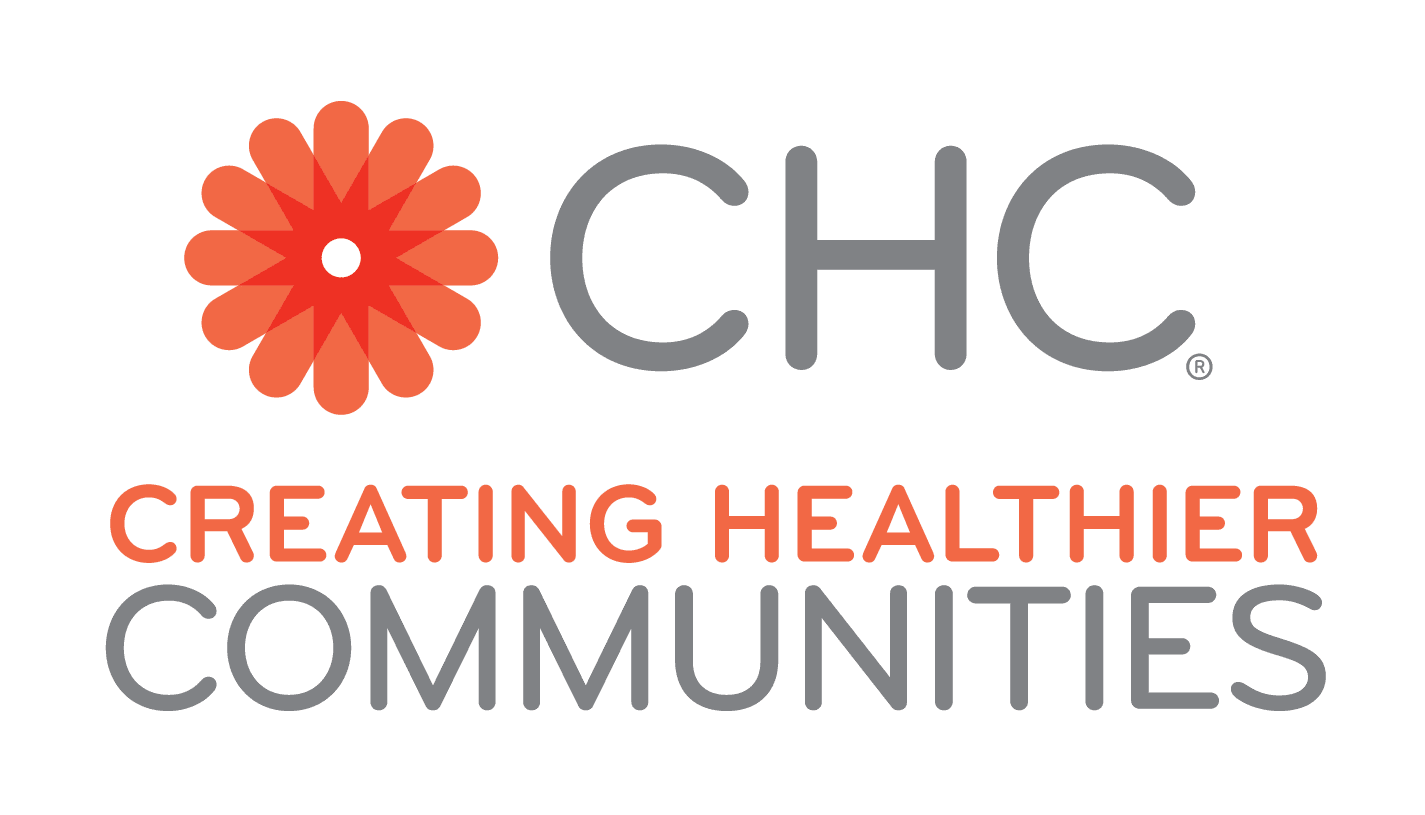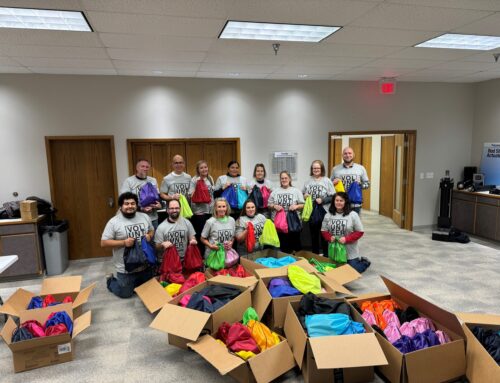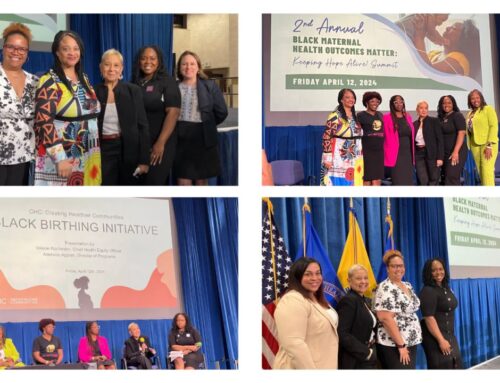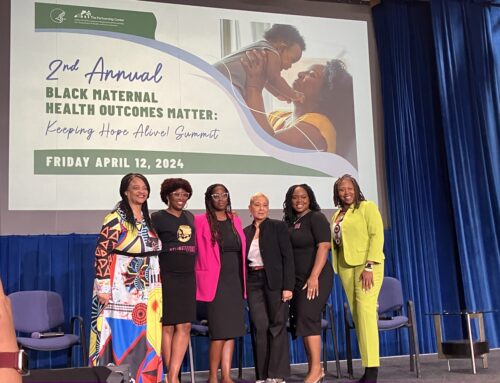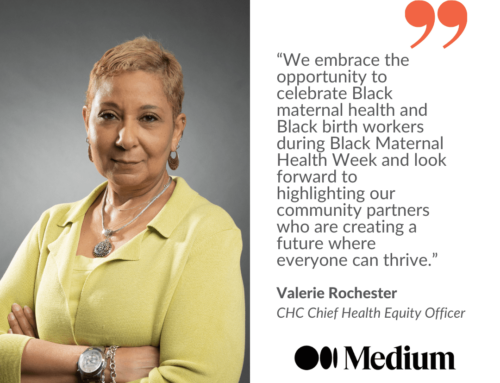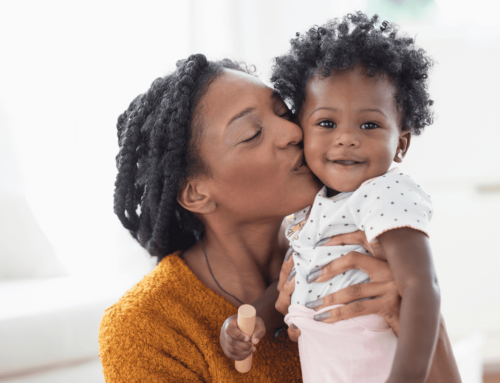What if You Could be a Kid First and a Person with a Disability Second?
More than 14 million kids and adults in the U.S. attend summer camp every year. It’s something we take for granted—afternoons spent swimming at the lake, popsicles eaten after a long field day, and the learning done by the creek rather than in the classroom.
For many kids, summer camp is a rite of passage.
It’s more than a tire swing by the river or globs of sticky sunscreen; it’s the chance to just be a kid. It’s the first time many children are apart from their parents for longer than a school day. It’s the first time they get to decide what they want for dessert. It is the first time they get to grow up and be on their own.
However, it can also be something more than just the classic camp experience portrayed in films like The Parent Trap or Meatballs. It can be a place where a child with type 1 diabetes learns self-confidence and independence from mom and dad, plus has an opportunity to be with other kids with diabetes. It can be a moment in the life of a child with special needs where they can broaden their worldview by meeting other children, interacting with animals, and engaging in sports and activities that help expand their social skills and display their unique abilities. Some camps provide youth from poor, inner-city communities with their only access to quality summer educational or recreational programs. This includes mentoring and fitness that can teach kids how daily choices support a healthier, happier life.
Not every child has access to summer camp. Often, children living with long-term mental and physical health challenges don’t have the opportunity to go away for summer—camp isn’t always feasible when you need assistance climbing stairs or require multiple insulin shots every day.
But long-term health challenges don’t stop kids from wanting to be kids; camps across the country are working to make sure that every child has this life-changing opportunity. Camps like Camp Crescent Moon, American Diabetes Association Camp, and The Woods Project are working to ensure that children living with long-term health challenges, disabilities, and disadvantages still get to experience fun in the sun. From zip lining to fishing, camp gives children the chance to just be kids.
I witnessed the incredible positive impact of these health-based camps over the 20 years I spent with the American Diabetes Association. Spending a week at diabetes camp with all the other “kids” opened my eyes to what a parent of a child with diabetes faced every day. It meant waking up throughout the night to check on campers who might be experiencing low blood episodes, or celebrating with a six-year-old who was learning to test his own blood sugar levels or master the intricacies of an implantable diabetes pump. I learned there that these summer camps for kids with health challenges were about the only place where these children are ever completely “normal”; they could forget about their health issue and just be with other children who are like them, who understand them.
This impact is not limited to children here domestically—it happens all across the globe with camps like SeriousFun. Actor Paul Newman founded SeriousFun camps in 1988 so that kids with health challenges could, in his words, “raise a little hell.” Now, almost thirty years later, there are nearly 30 SeriousFun camps around the world.
For SeriousFun Camp Korey camper Alex, camp is a place that celebrates what he can do—not what he can’t. Alex uses a wheelchair, and often feels left out. But not at Camp Korey. Alex’s mother describes camp as “a place where he can be appreciated for who he is without constantly having to prove that he is good enough to deserve a place….He came home with his heart so full, he overflowed with happiness. It’s a place where he is a kid first and a person with a disability second.”
Alex isn’t the only camper to benefit from the freedom the camps provide. A study done by the Yale Child Support Center in 2015 found that parents noticed a positive change in their children with long-term health challenges after attending summer camp:
- 66 percent of parents reported their child had an increased interest in social activities
- 79 percent of parents reported an increase in confidence levels
- 77 percent of parents reported increased self-esteem
- 64 percent of parents reported an increased sense of belonging
Yes, camp is about mosquito bites, s’mores, and bunkbeds. But for some children, it’s the first time they’ve been in the water. The first time outside a hospital that they’ve been surrounded by other children who understand what they’re going through. It may be the first time they’ve been treated like kids, not patients.
Let’s help every child experience the confidence that summer camp fosters—and the sweat, smiles, and chlorine-filled fun that accompanies it—no matter what their disease or diagnosis.
Check out our Camps for Kids resources to find special camps for children with long-term health challenges in your area, or support the cause.

